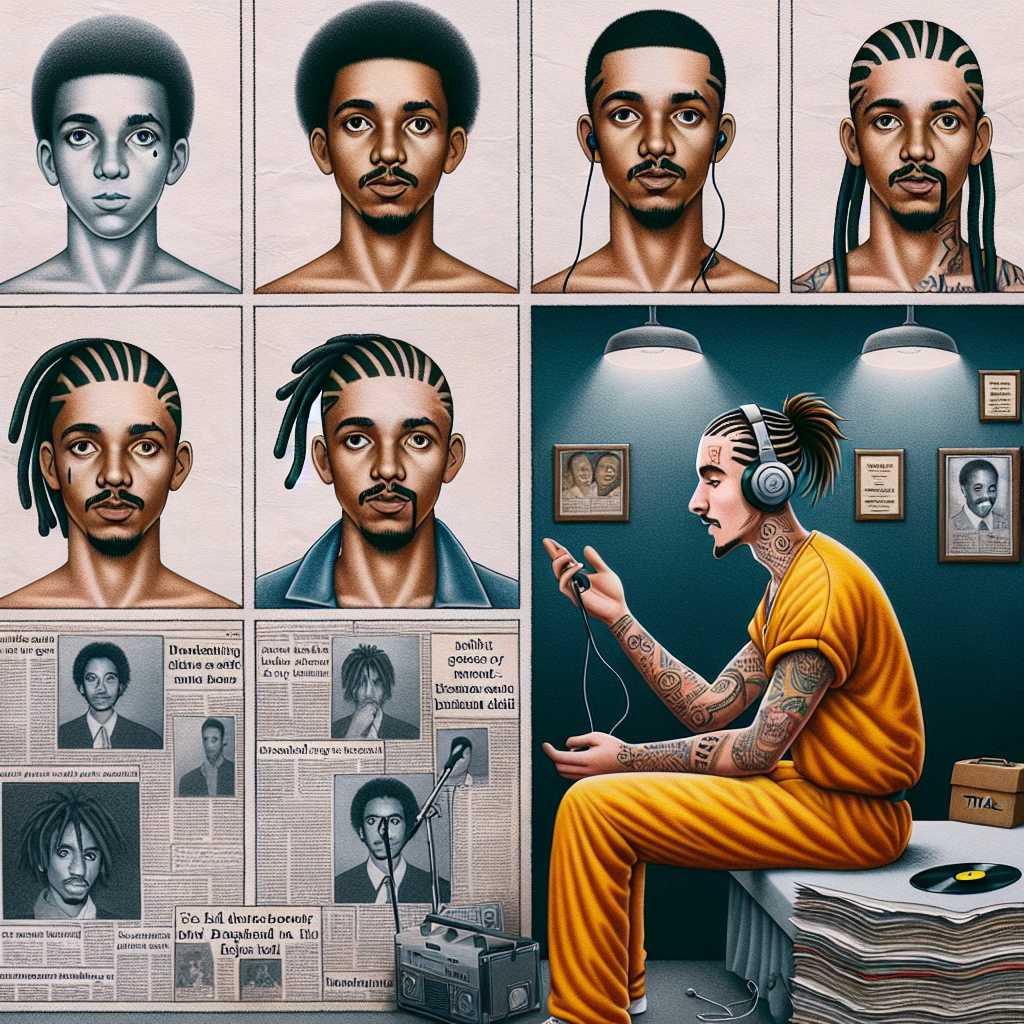The Impact and Controversy of Vybz Kartel in Dancehall Music
Dancehall music has been a vibrant and vital genre in Jamaica’s cultural landscape, and among its stars, few have shone as brightly—or as controversially—as Adidja Azim Palmer, known by his stage name Vybz Kartel. Born on January 7, 1976, in Kingston, Jamaica, Kartel’s rise to fame brought with it both ground-breaking music and a tumultuous personal life that included legal troubles and a conviction for murder. In this extensive review, we will explore the career, influence, musings, controversies, legal battles, and the enduring legacy of Vybz Kartel on both Jamaican society and the global music scene.
Early Life and Career Breakthrough
Vybz Kartel grew up in the Waterhouse district of Kingston and attended Calabar High School. He showed an early interest in music and was encouraged to pursue his talents by his family and community. Some of his earliest exposure to the dancehall scene came in the late 1990s when he began writing lyrics for top-tier deejays and performing as a teenager under the moniker “Adi Banton,” a nod to the legendary Buju Banton.
Exploring Musical Accomplishments
Kartel’s career took off in the early 2000s as he released a series of singles that gained popularity in dancehalls across Jamaica. His poignant lyrics, unique style, and uncanny ability to connect with the struggles of urban Jamaican life won him legions of fans. Important releases like “Up 2 Di Time” established him as an innovative force in dancehall music with distinct delivery and imagery. Vybz Kartel was not just a musician but also an entrepreneur; he founded his own record label Adidjahiem/Notnice Records alongside producer Ainsley “Notnice” Morris.
Cultural Impact and Influences
Kartel’s impact transcended music as he became an influential figure for personal expression within Caribbean culture. His artistry included bold fashion statements, and his lyrical content often dictated trends and norms within Jamaican society. Beyond Jamaica, international audiences began to resonate with his music’s narratives about love, social issues, and undeniable party anthems.
Controversies Surrounding Vybz Kartel
Kartel was well known for sparking controversy with his explicit lyrics and unfiltered commentaries on societal norms. The artist participated in lyrical clashes with fellow dancehall artists—a quintessential part of dancehall culture—most notably with arch-rival Mavado. These feuds sometimes led to increased violence among rival fanbases until a truce was brokered.
Legal Challenges and Conviction
Vybz Kartel’s life took a significant turn in 2011 when he was arrested on murder charges. He continued releasing music from incarceration including successful tracks like “Fever” which showcase his continued influence on the dancehall scene even behind bars. In 2014, after a highly publicized trial, Kartel was convicted of murder and sentenced to life imprisonment, a verdict that polarized fans and critics of the musician.
Continuation of a Musical Legacy From Behind Bars
Despite his incarceration, Kartel’s presence in dancehall is perennial. New music frequently hits the airwaves, with some speculating that he continues to record while imprisoned—an issue that has triggered debate about law enforcement and privileges afforded to those incarcerated.
